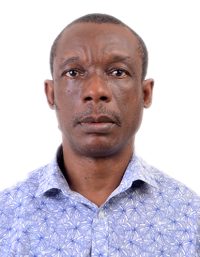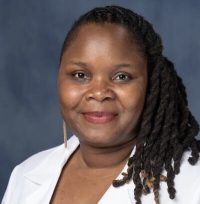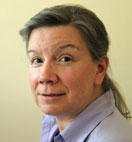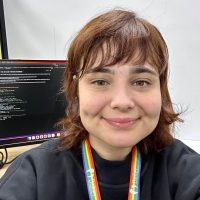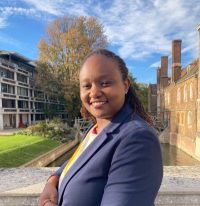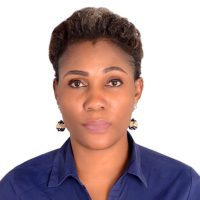2nd African Microbiome Day: Showcasing microbiome research in Africa
(Virtual event)
Date: 11th September 2023
15:00 – 19:00 CAT / 13:00 – 17:00 GMT (see your time here)
Venue: Virtual. Zoom (Call details will be shared with registrants)
Registration opens 27th June 2023
Abstract submissions due: 28th July 2023 @ 21:59 GMT
| 15:00 - 15:05 | ||
| 15:05 - 15:24 | Invited Speaker talk: Prof. Modupe Coker - Disease-associated alterations of the oral and gut microbiome in African populations: from discovery to treatment | |
| 15:24 - 16:12 | ||
| Samantha Schnell: Exploring the Interaction of host genetics and the gut microbiome in obesity in an African Population | ||
| Matsepo Ramaboli: Changes in the gut microbiome and virome link urbanization of South Africans to increasing risk of non-communicable diseases | ||
| Lara Dugas: Gut microbiota and fecal short chain fatty acids differ with adiposity and country of origin: The METS-Microbiome Study | ||
| Feriel Bouzid: Composition of the salivary microbiome in coronary patients from North Africa | ||
| Zellie Flavienne Masso: Identification of distinct cardiotonic steroid profiles in faecal matter of rat models of hypertension | ||
| Natasha Kitchin: Foetal Alcohol Spectrum Disorders associated gut microbial alterations over time | ||
| Dylan Maghini: The AWI-Gen 2 Microbiome Project | ||
| 16:12 - 16:31 | Invited Speaker talk: Dr Soumaya Koudhi - Elevating health precision: unveiling microbiome and metabolomics impact in breast cancer, kidney disease, and stem cell therapy | |
| 16:31 - 16:50 | Invited Speaker talk: Prof. Jo.Ann Passmore - Vaginal microbiome research consortium for Africa | |
| 16:50 - 16:57 | ||
| Lauren C. Martin: Species-level profiling of the maternal vaginal bacteriome using full-length 16S rRNA amplicon sequencing with application to Fetal Alcohol Spectrum Disorder | ||
| 16:57 - 17:16 | Invited Speaker talk: Dr. Anna Happel - The impact of in utero HIV exposure, feeding and maternal breastmilk microbiota on the infant gut microbiota and early childhood vaccine responses | |
| 17:16 - 17:30 | ||
| 17:30 - 17:49 | Invited Speaker talk: Dr Charissa Naidoo - Tuberculosis and the microbiome – our research at the intersection of two human health frontiers | |
| 17:49 - 18:01 | ||
| Jessica McClintock: Postmortem nasopharyngeal microbiome analysis of Zambian infants with and without Respiratory Syncytial Virus Disease: a nested case- control study | ||
| Maimuna Carrim: Changes in nasopharyngeal microbiota and Streptococcus genus during influenza infection in a community cohort study in South Africa | ||
| 18:01 - 18:55 | Developing microbiome-directed therapeutic foods for childhood undernutrition | |
| 18:55 -19:00 |
Prof. Jeffrey Gordon
Dr. Robert J. Glaser Distinguished University Professor
Director, The Edison Family Center for Genome Sciences & Systems Biology Washington University School of Medicine, St. Louis, Missouri, USA.
Director, The Edison Family Center for Genome Sciences & Systems Biology Washington University School of Medicine, St. Louis, Missouri, USA.
Washington University School of Medicine in St. Louis, United States of America
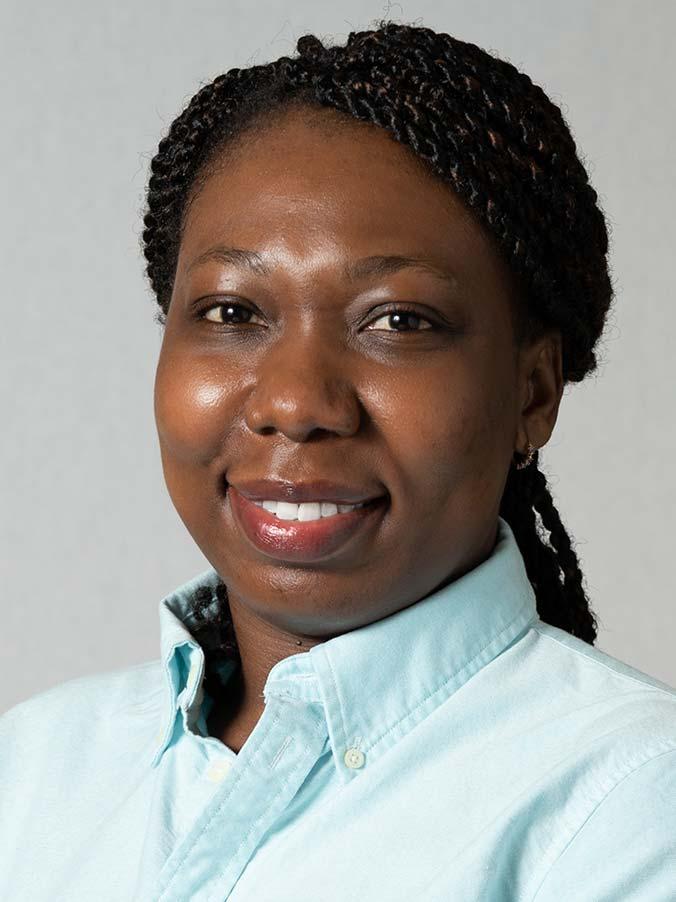
Prof. Modupe Coker
By investigating shifts in the microbiome, Prof. Coker’s team hopes to understand how microbiota modulation might present as an important therapeutic target for better long-term health outcomes particularly in young children. Building on my work on the microbiome, HIV and clinical expertise, I am currently focused on conducting large-scale human microbiome research in the context of longitudinal molecular epidemiology studies in young children. In addition, I am motivated by questions related to disease causality and the rigorous epidemiologic methods used to address them. Most recently, we have been involved in research related to SARS-CoV-2 epidemiology.
Rutgers School of Dental Medicine, United States of America

Dr. Kouidhi Soumaya
In Dr. Soumaya’s research focus on “Microbiome, drug resistance, and cancer,” she is deeply intrigued by the implementation of cutting-edge precision medicine techniques for investigating the complexity of biological systems. Specifically, she has successfully incorporated innovative methods to explore the gut microbiome and metabolome. These methods involve high-throughput sequencing and metabolomics technologies, which she has applied in the fields of organ transplantation and oncology.
By leveraging these methods, Dr. Soumaya’s research aims to achieve several significant outcomes:
1. Early disease detection
2. Prognostic and predictive criteria
3. Identification of therapeutic targets
By leveraging these methods, Dr. Soumaya’s research aims to achieve several significant outcomes:
1. Early disease detection
2. Prognostic and predictive criteria
3. Identification of therapeutic targets
The Higher Institute of Biotechnology in Sidi Thabet (ISBST). University of Manouba, Tunisia
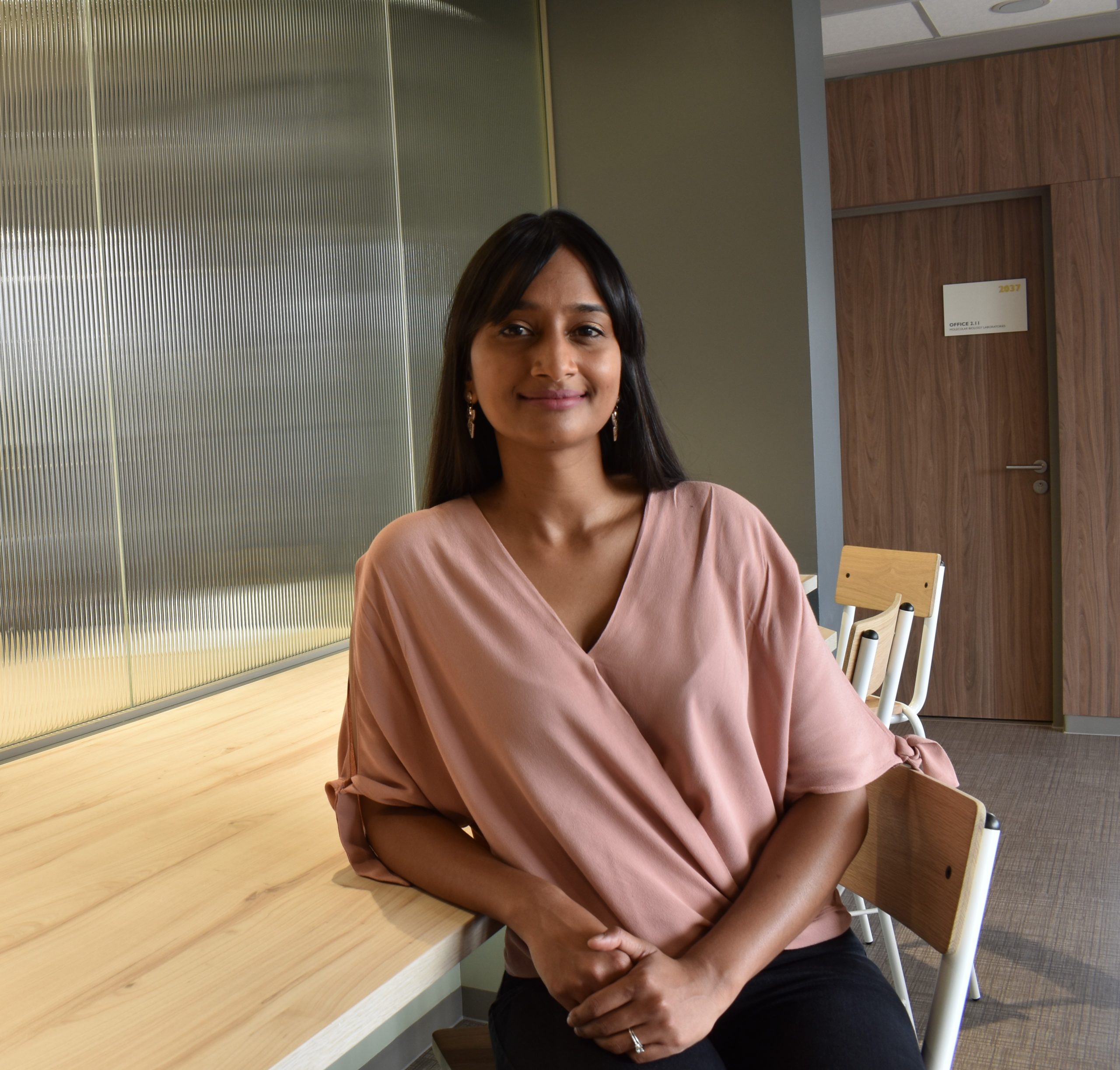
Dr Charissa Naidoo
Charissa Naidoo leads research on the microbiome’s role in tuberculosis – a leading infectious cause of death globally. She is also the co-director for the African Microbiome Institute at Stellenbosch University.
Stellenbosch University, South Africa

Prof. Jo-Ann Passmore
The Passmore lab’s focus is on studying the genital tract adaptive and innate immune responses associated with protection from, or susceptibility to, sexually transmitted diseases including HPV and HIV. Prof. Passmore is specifically interested in studying biomarkers for susceptibility and protection to HIV infection, including secreted inflammatory molecules, genital immune activation and HIV-specific immune responses present in the female genital tract.
Mucosal Immunology Group, Division of Medical Virology, Department of Pathology, University of Cape Town, South Africa
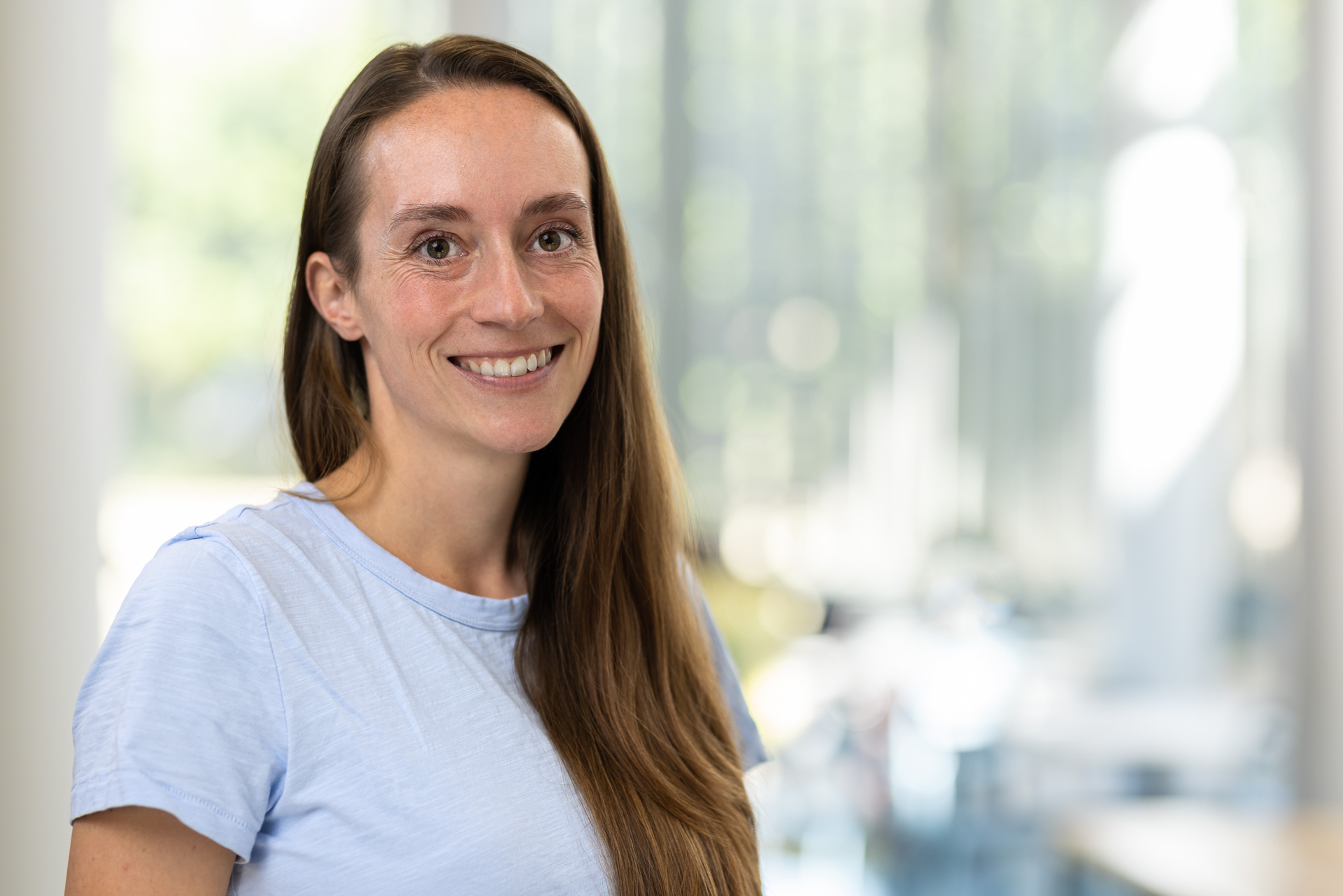
Dr Anna Happel
Dr Happel completed her PhD in Medical Virology at the University of Cape Town, during which she evaluated live biotherapeutics to treat bacterial vaginosis in South African women at high risk of HIV acquisition. Her postdoctoral research focussed on the interplay between HIV, maternal and infant microbiota and infant health outcomes, and current work involves understanding interactions between bacterial and viral microbiota in the female genital tract and subsequent effects on risk of preterm birth in women with HIV, for which she received an EDCTP Career Development Fellowship in poverty-related diseases and child and adolescent health. Ultimately, she aims to use her research to design microbiome-based diagnostics and biotherapeutics for women’s and infant’s health.
University of Cape Town, South Africa
Moderators
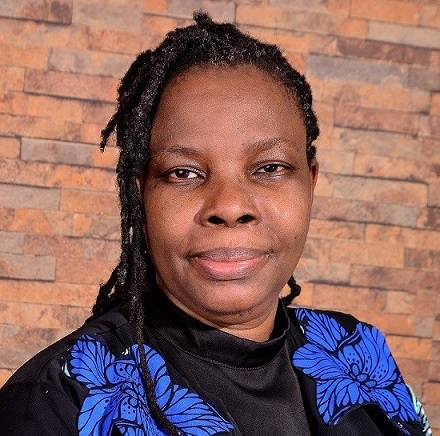
Prof. Morenike Ukpong-Folayan
The board chair for Heartland Alliance International Nigeria, Morenike is an academic at the renowned Obafemi Awolowo University (OAU), Ile-Ife, Nigeria.
Obafemi Awolowo University, Ile-Ife, Nigeria
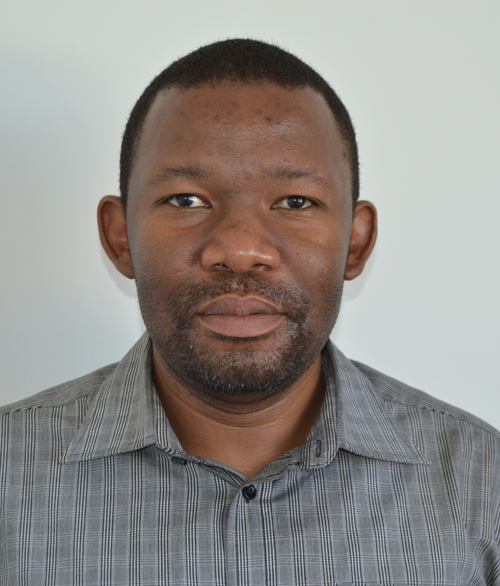
Dr. Lamech Mwapagha
Head Molecular and Cancer Genomics Laboratory, Department of Biology, Chemistry and Physics, School of Natural and Applied Sciences, Namibia University of Science and Technology. Member H3Africa’s Microbiome Task Force.
Namibia University of Science and Technology, Namibia

Prof. Jo-Ann Passmore
Head, Mucosal Immunology Laboratory, Division of Medical Virology, Department of Pathology & Member of the Institute of Infectious Disease and Molecular Medicine (IDM), Faculty of Health Sciences, University of Cape Town.
Associate Professor Jo-Ann Passmore PhD (Cape Town)

Dr. Ovokeraye Oduaran
Honorary researcher at the Sydney Brenner Institute for Molecular Bioscience at the University of the Witwatersrand, Johannesburg, South Africa, and a research fellow at the SickKids Research Institute, Toronto, Canada. She is the current chair of the H3Africa’s Microbiome Task Force.
Sydney Brenner Institute for Molecular Bioscience at the University of the Witwatersrand




